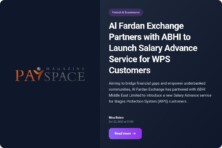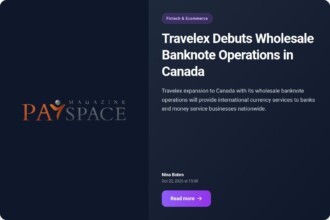A key talent in today’s quickly changing professional environment is the capacity to pick up new knowledge and abilities while successfully handling your workload. Continuous learning not only improves your personal development but also your work possibilities. Balancing work commitments with skill development may appear difficult, but with the appropriate tactics, it is perfectly possible. In this post, we’ll look at some practical ways to gain new skills and broaden your knowledge while doing well at work.

Define your objectives
Before you begin your learning journey, it is critical to establish clear and attainable goals. These objectives will assist you in remaining focused and motivated. Consider what skills and expertise are most applicable to your current position and long-term professional goals. Having a precise goal will allow you to select the best courses, resources, and strategies to attain your goals.
Set priorities and make plans
Effective time management is required to balance job and study. Make a timetable that includes time for both work responsibilities and learning activities. Determine the most productive hours of the day and assign them to projects that require more concentration. Set goals for your learning journey and divide them into achievable segments. This method will allow you to make steady progress without becoming overwhelmed.
Adopt microlearning
Microlearning entails learning in brief, concentrated sessions. Instead of dedicating long periods of time to learning, schedule brief periods of time each day. You may do this before meetings or even on your commute or lunch break. Use podcasts, short movies, or mobile apps to consume information in bite-sized chunks. These modest efforts add up to significant knowledge and skill growth over time.
Take advantage of Online Resources
The Internet is a wealth of knowledge. There are several websites that offer tech-related courses with printable certificates which can be used while you are looking for job opportunities. The addition of these certificates to your professional profile may be quite beneficial.
Integrate what you’ve learned at work
Applying new knowledge and abilities in practical situations is the greatest approach to make them stick. Find ways to use what you are learning in your current position. This not only solidifies what you’ve learned, but it also shows your coworkers and superiors how committed you are to developing personally and professionally.
Work together and ask for feedback
Engage in conversation with your friends and coworkers who are knowledgeable in the skills you’re attempting to learn. In addition to improving your comprehension, collaborative learning helps you build relationships with other members of your professional network. Don’t be afraid to ask mentors or other people with experience for their opinions. You can improve more quickly if you receive constructive criticism.
Use consistent practice
When learning new skills, consistency is essential. Building muscle memory and reinforcing what you’ve learned both benefit from consistent, focused practice. If you set aside even a tiny amount of time each day for practice, whether you’re learning a new language, programming, or design, you’ll see significant benefits over time.
Develop a Growth Mindset
Approach learning with a growth mindset, which is the conviction that your skills can be improved with commitment and effort. Accept difficulties as opportunities for improvement rather than as setbacks. You will be able to endure challenges and disappointments with the support of this mentality change, which will ultimately result in a more resilient learning path.
Assign and oversee tasks
Don’t be afraid to assign jobs at work that can be completed by others. Your time is freed up for learning activities when delegation is done well. To maximize your work efficiency and set aside time for learning, think about employing productivity tools and methods like the Pomodoro Technique.
Consider Your Progress
Regularly evaluate your progress and, if necessary, modify your strategy. Consider what could be improved and what is currently working well. Celebrate all of your accomplishments, no matter how minor, and take any setbacks as a chance to improve your plan.
In conclusion, balancing your professional responsibilities while learning new skills and gaining information is difficult, but it’s not impossible. You can learn new skills without jeopardizing your work obligations by making specific goals, scheduling your time wisely, and using online resources. As you progress in your profession, keep in mind that learning new things not only helps your personal development but also increases your value as an employee. So, take action now to begin a fulfilling path of concurrent work and skill development.









